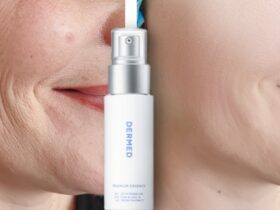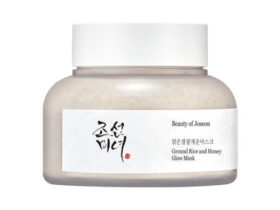Introduction:
Mesotherapy, a minimally invasive cosmetic procedure that involves injecting a combination of vitamins, minerals, and other pharmaceutical agents directly into the skin, has gained popularity in recent years as a non-surgical solution to various aesthetic concerns. As demand for this innovative technique grows, so does interest in mesotherapy course that provide comprehensive training to aspiring practitioners. In this article, we’ll delve into the world of mesotherapy courses, exploring what they entail, their benefits, and why they are essential for those looking to master this unique cosmetic procedure.
Understanding Mesotherapy:
Before diving into the details of mesotherapy courses, it’s crucial to understand the procedure itself. Mesotherapy was originally developed in the 1950s by French doctor Michel Pistor. The technique involves injecting small amounts of a customized blend of vitamins, minerals, amino acids, and other substances into the mesoderm, the layer of fat and connective tissue just below the skin’s surface. This targeted approach allows practitioners to address various cosmetic concerns, including cellulite reduction, facial rejuvenation, and hair restoration.
Mesotherapy Courses: What to Expect
- Theoretical Knowledge: Mesotherapy courses typically begin with a comprehensive overview of the theoretical aspects of the procedure. This includes understanding the anatomy of the skin, the science behind mesotherapy, and the various pharmaceutical agents used in the injections. Participants learn about the different applications of mesotherapy and gain insights into patient selection and assessment.
- Practical Training: Hands-on training is a fundamental component of mesotherapy courses. Participants learn proper injection techniques, needle selection, and the art of creating customized formulas for individual patients. Practical sessions often involve live demonstrations and supervised practice on models to ensure that participants develop the necessary skills and confidence.
- Safety and Hygiene: Given that mesotherapy involves injections, safety and hygiene are paramount. Courses cover infection control measures, aseptic techniques, and protocols for handling complications. Understanding the potential risks and how to mitigate them is crucial for ensuring patient safety.
- Post-Treatment Care: Mesotherapy courses also emphasize the importance of post-treatment care. Participants learn how to manage patient expectations, address potential side effects, and provide guidance on aftercare practices to optimize results.
Benefits of Mesotherapy Courses:
- Professional Credibility: Completing a mesotherapy course adds a layer of credibility to a practitioner’s skill set. It demonstrates a commitment to staying current with industry trends and a dedication to providing high-quality, specialized treatments.
- Diversification of Services: Mesotherapy courses empower practitioners to expand their range of services. Whether working in dermatology, aesthetics, or general medicine, the ability to offer mesotherapy can attract a broader patient base seeking non-surgical solutions to cosmetic concerns.
- Enhanced Patient Outcomes: Well-trained mesotherapy practitioners are better equipped to achieve optimal results for their patients. Courses ensure that practitioners understand the nuances of the procedure, enabling them to customize treatments based on individual needs and deliver safe, effective outcomes.
Conclusion:
Mesotherapy courses play a pivotal role in shaping skilled and knowledgeable practitioners in the field of aesthetic medicine. As the demand for minimally invasive cosmetic procedures continues to grow, mastering techniques like mesotherapy becomes a valuable asset. Whether you’re a medical professional looking to diversify your skill set or a newcomer to the field, investing in a reputable mesotherapy course can be a stepping stone to a successful and fulfilling career in aesthetic medicine.











